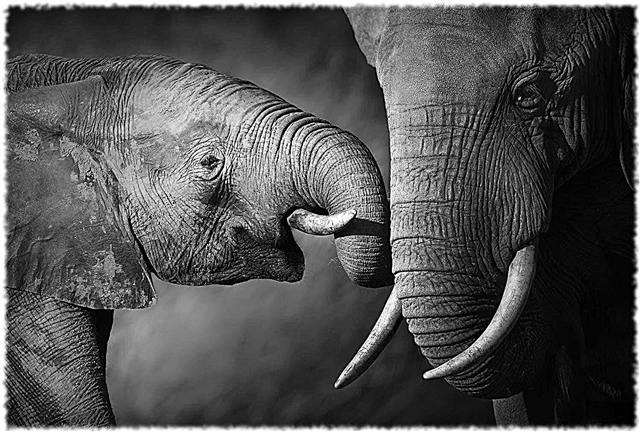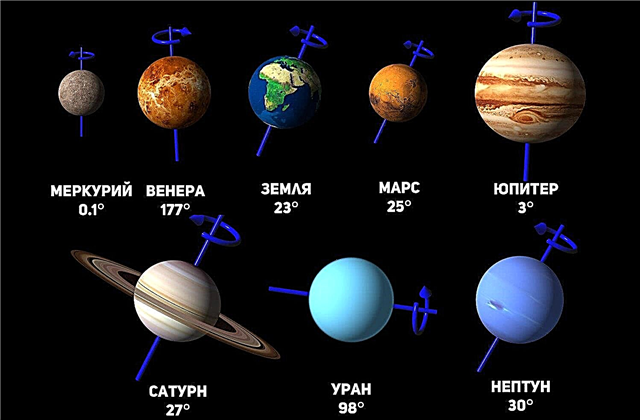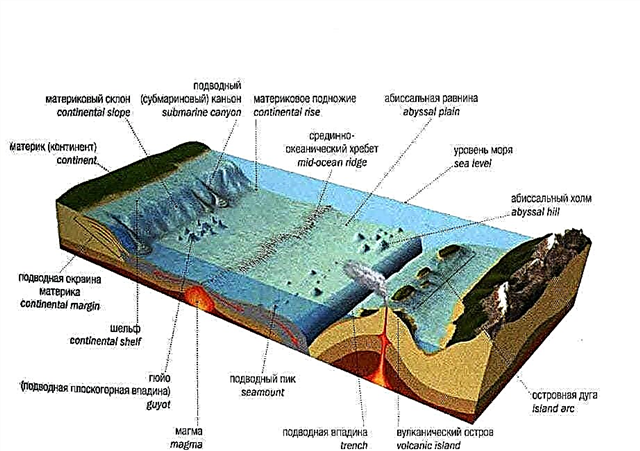
In the modern world, the presence of hair on the face is not regulated by any standards, moral or legal. However, in the past this issue was more strictly related.
Attitude to beard and mustache in different cultures
For an unknown reason, a special relationship has always been developed for the beard. What exactly it was, depended on a specific country, culture and era. It was often believed that if a man grew a beard, then he was able to express his opinion and belief openly.
In ancient times, facial hair was necessary, as it protected from adverse weather conditions. Only in the first millennium BC she turned into an ornament and a subject of male pride.
The ancient Egyptians treated the beard in a special way, so only the pharaoh could wear it. By the way, his insignia was artificial. The remaining men got rid of the hair on their faces.
Interesting fact: according to the rules, only a man who personified the god Horus could be a pharaoh. But history remembers a pharaoh woman named Hatshepsut. In order not to violate traditions, during various ceremonies she put on men's clothing and also wore an artificial beard.
The ancient Greeks treated facial hair more than favorably. For them, she was a symbol of wisdom and knowledge. The presence of a beard of a certain shape indicated that a person belongs to a particular philosophical school.

This continued until the power over Greece was in the hands of Alexander the Great. With his appearance, the beard fashion quickly faded. Here the opinions of historians differ. Some believe that subjects simply followed the example of a military leader. Others insist - Alexander could not grow a decent beard (for physiological reasons) and forbade others to do it.
In any case, before the battle, the commander ordered the soldiers to shave their beards for security purposes - so that the enemies could not grab them in battle. Since then, in Greece, facial hair has become a feature of philosophers.
As for the Romans, they really preferred to have clean-shaven faces. The initiator of this tradition is considered to be Emperor Nero. The Roman Empire valued strong-willed and energetic character, enthusiasm, youth, and not many years of experience and the burden of years lived. In addition, an unshaven face, long hair was associated with narrow-minded barbarians. A neat short haircut, a smoothly shaven face - these are signs of a civilized man.

In the future, the attitude to the beard and mustache has changed more than once. Relatively stable was the opinion in Kievan Rus. For a long time, men wore beards and were very proud of them. At first this tradition was not related to religion (later the church strengthened it). It got to the point that the priests refused to bless the believer, if he did not have a beard.
Significant changes occurred only under Tsar Peter I. He largely followed the example of the Germans and the Dutch.At one point, the beards were strictly prohibited (he did not apply to his mustache). However, such innovations caused a storm of protests among the population, so the king did otherwise - imposed a fee for those who did not want to shave.
The significance of the beard in world religions
First of all, it is worth noting that among the most common religions of the world, opinions about the beard are divided. Some in every way welcome its presence or, at a minimum, recommend supporters to wear a beard. Others - urge to regularly get rid of facial hair. Each religion is guided by certain motives.
In Judaism and Islam, the presence of a beard is extremely desirable, but there are some nuances. Muslims grow beards, trying to follow the example of the Prophet Muhammad. In this case, the hairline must be carefully looked after. Mustache should be short. These are strict rules that are important to follow.
The presence of facial hair on the Jews demonstrates respect for the ancestors, because they were characterized by just such an appearance. The Torah (part of the Bible) tells the Jews that one should not cut hair at certain points on the lower part of the face. Therefore, they grow beards and do not cut hair on the temples. However, there are many additional nuances.
Buddhists prefer to get rid of hair, both on the face and on the head. Monks lead a detached lifestyle, which is far from the usual fuss and everyday life. They believe that human energy is contained in the hair, so getting rid of them is a kind of “nullification”.

In Orthodox Christianity there are no clear requirements regarding facial hair. However, most male clerics prefer to wear a beard. This is due to the desire not to go against nature and the natural order of things. In addition, on all the icons the saints and the martyrs are depicted with a beard.
The opposite opinion has developed in Catholic Christianity. Priests prefer to completely shave off facial hair, although their presence is not officially prohibited. Catholics were strongly influenced by Roman traditions, according to which shaving is a mandatory hygienic procedure.
Interesting fact: according to legend, in the 9th century the throne of the Pope was occupied by a woman - Pappess John, called John VIII. She hid her real gender, and since all the priests walked smoothly shaved, no one was surprised by the effeminate face. For many centuries, a different attitude has developed towards this legend, but in the end it was completely refuted and is not considered a historical fact.
Short answer
In ancient Greece, up to a certain point, a beard symbolized wisdom, attitude to a certain philosophical school. Everything changed with the advent of Alexander the Great, who forbade soldiers to wear beards for security purposes (so that opponents could not grab them in battles). According to one version, the commander himself had poor hair growth on his face and this is the real reason for the ban. In the Roman Empire, they preferred to shave clean, since the fashion was a neat appearance - a sign of civilization. A beard and long hair are the lot of barbarians.












